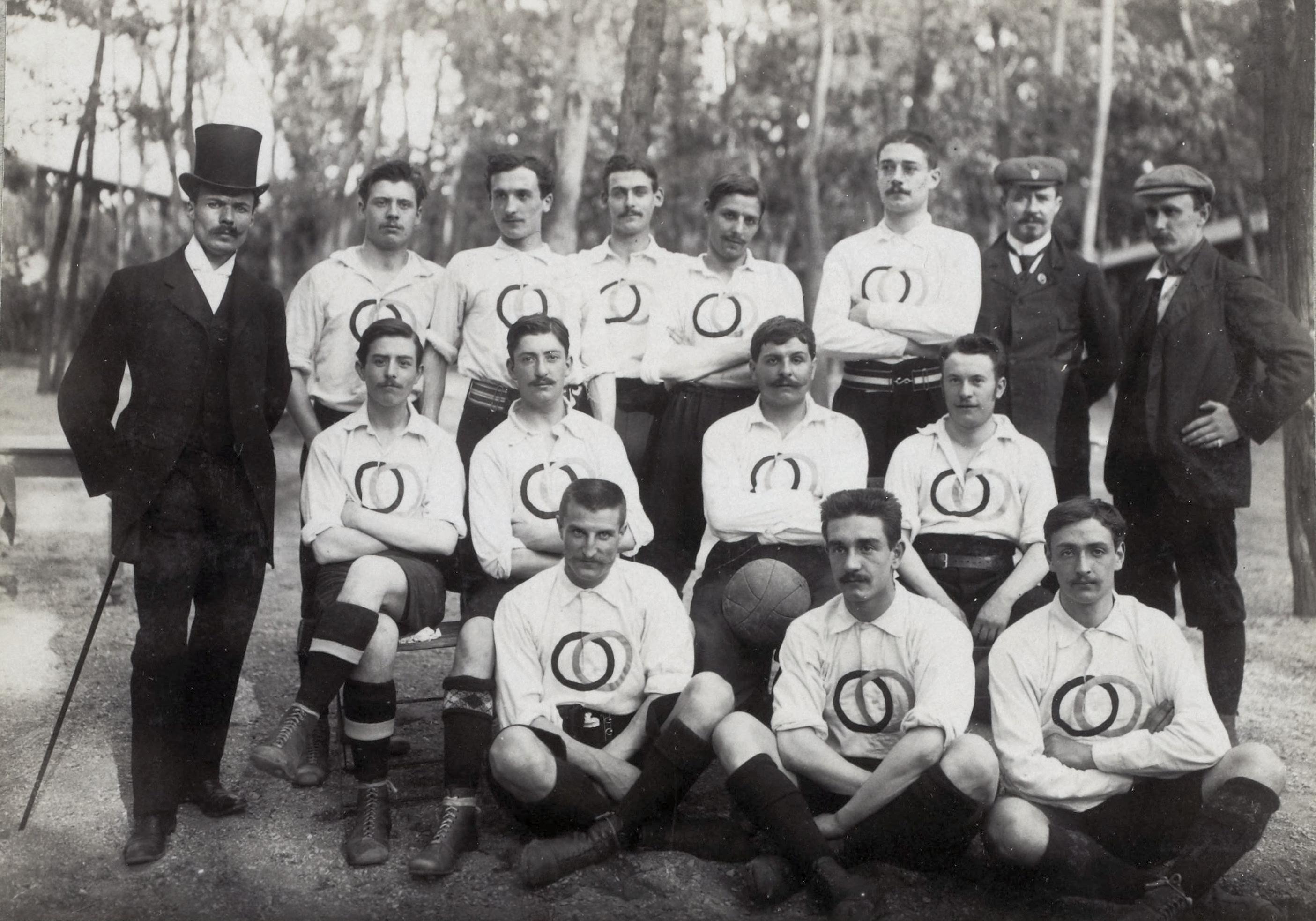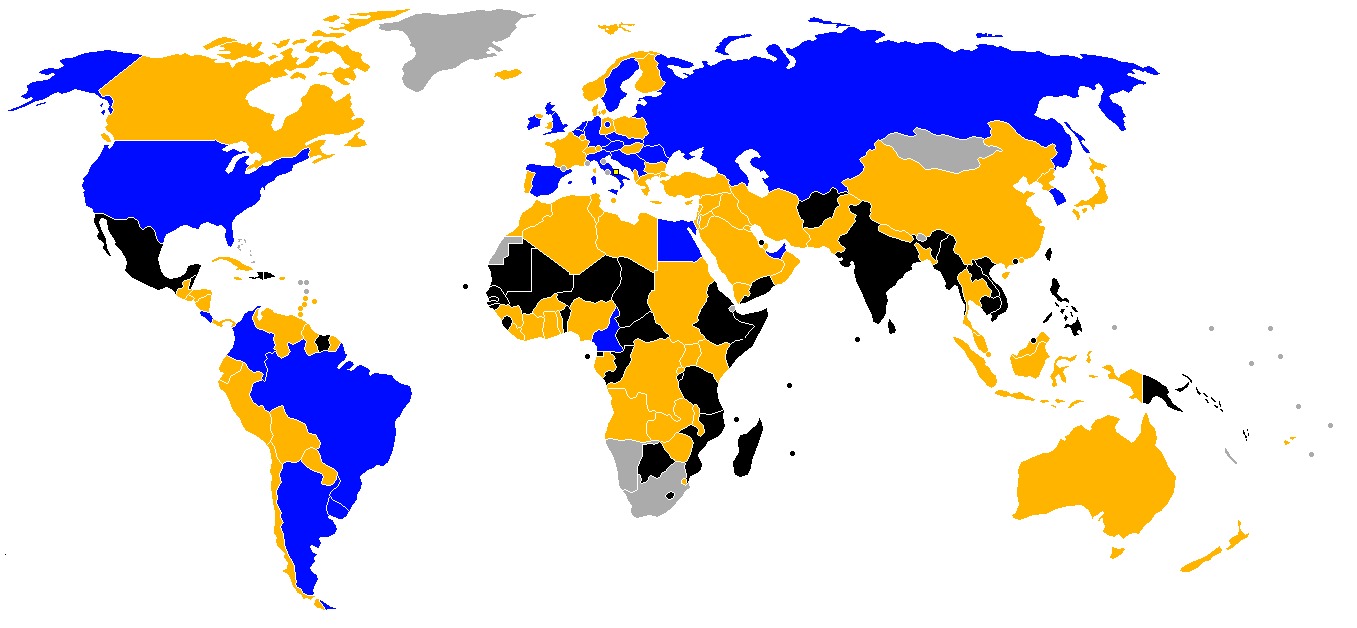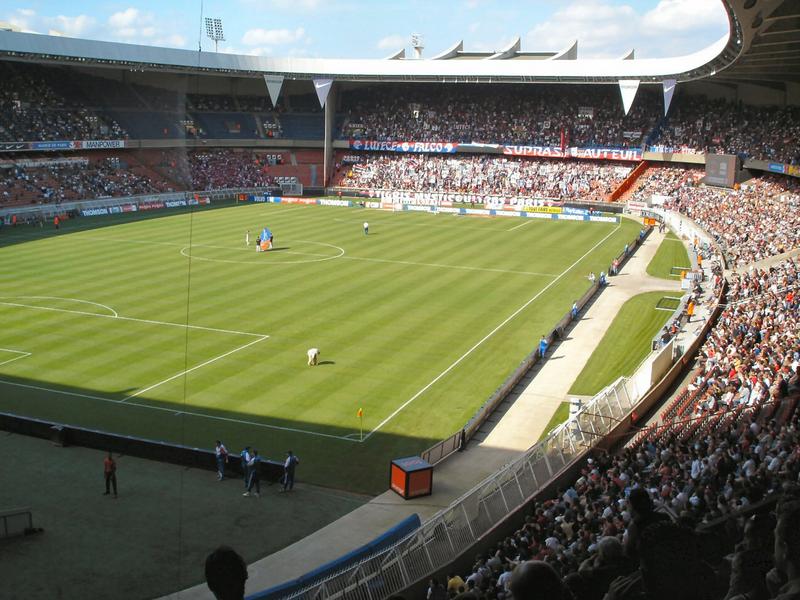|
Borislav Cvetković
Borislav Cvetković ( sr-Cyrl, Борислав Цветковић; born 30 September 1962) is a Serbian football manager and retired player. He was nicknamed "Lane sa Korane" (''Doe of Korana''), by legendary sports commentator Ivan Tomić, while playing for Dinamo. When he moved to Belgrade, Tomić just switched his nickname to "Lane sa Marakane" (''Doe of Marakana''), as Red Star Belgrade stadium is colloquially known. Playing career Club During his club career he played for Dinamo Zagreb, Red Star Belgrade, Ascoli, Maceratese, Casertana and Borac Čačak. International He made his debut for Yugoslavia in a June 1983 friendly match against Romania, coming on as a 30th-minute substitute for Miloš Šestić, and earned a total of 11 caps, scoring 1 goal. He participated in UEFA Euro 1984. His final international was a November 1988 World Cup qualification match against France. Coaching career Cvetković coached FK Sopot, an expositure of Cvetković's former club Red Sta ... [...More Info...] [...Related Items...] OR: [Wikipedia] [Google] [Baidu] |
Karlovac
Karlovac () is a city in central Croatia. According to the 2011 census, its population was 55,705. Karlovac is the administrative centre of Karlovac County. The city is located on the Zagreb- Rijeka highway and railway line, south-west of Zagreb and from Rijeka. Name The city was named after its founder, Charles II, Archduke of Austria. The German name ''Karlstadt'' or ''Carlstadt'' ("Charlestown") has undergone translation into other languages: in Hungarian it is known as ''Károlyváros'', in Italian as ''Carlovizza'', in Latin as ''Carolostadium'', and in Kajkavian and Slovene as Karlovec. History The Austrians built Karlovac from scratch in 1579 in order to strengthen their southern defences against Ottoman encroachments. The establishment of a new city-fortress was a part of the deal between the Protestant nobility of Inner Austria and the archduke Charles II of Austria. In exchange for their religious freedom the nobility agreed to finance the building of a ne ... [...More Info...] [...Related Items...] OR: [Wikipedia] [Google] [Baidu] |
Sports Commentator
In sports broadcasting, a sports commentator (also known as sports announcer or sportscaster) provides a real-time commentary of a game or event, usually during a live broadcast, traditionally delivered in the historical present tense. Radio was the first medium for sports broadcasts, and radio commentators must describe all aspects of the action to listeners who cannot see it for themselves. In the case of televised sports coverage, commentators are usually presented as a voiceover, with images of the contest shown on viewers' screens and sounds of the action and spectators heard in the background. Television commentators are rarely shown on screen during an event, though some networks choose to feature their announcers on camera either before or after the contest or briefly during breaks in the action. Types of commentators Main/play-by-play commentator The ''main commentator'', also called the ''play-by-play'' announcer or commentator in North America, ''blow-by-blow'' in com ... [...More Info...] [...Related Items...] OR: [Wikipedia] [Google] [Baidu] |
Living People
Related categories * :Year of birth missing (living people) / :Year of birth unknown * :Date of birth missing (living people) / :Date of birth unknown * :Place of birth missing (living people) / :Place of birth unknown * :Year of death missing / :Year of death unknown * :Date of death missing / :Date of death unknown * :Place of death missing / :Place of death unknown * :Missing middle or first names See also * :Dead people * :Template:L, which generates this category or death years, and birth year and sort keys. : {{DEFAULTSORT:Living people 21st-century people People by status ... [...More Info...] [...Related Items...] OR: [Wikipedia] [Google] [Baidu] |
1962 Births
Year 196 ( CXCVI) was a leap year starting on Thursday (link will display the full calendar) of the Julian calendar. At the time, it was known as the Year of the Consulship of Dexter and Messalla (or, less frequently, year 949 ''Ab urbe condita''). The denomination 196 for this year has been used since the early medieval period, when the Anno Domini calendar era became the prevalent method in Europe for naming years. Events By place Roman Empire * Emperor Septimius Severus attempts to assassinate Clodius Albinus but fails, causing Albinus to retaliate militarily. * Emperor Septimius Severus captures and sacks Byzantium; the city is rebuilt and regains its previous prosperity. * In order to assure the support of the Roman legion in Germany on his march to Rome, Clodius Albinus is declared Augustus by his army while crossing Gaul. * Hadrian's wall in Britain is partially destroyed. China * First year of the '' Jian'an era of the Chinese Han Dynasty. * Em ... [...More Info...] [...Related Items...] OR: [Wikipedia] [Google] [Baidu] |
FK Borac Banja Luka
Fudbalski klub Borac Banja Luka (Serbian Cyrillic: Фудбалски клуб Бopaц Бања Лука, ) is a Bosnian professional association football club, based in the city of Banja Luka, Bosnia and Herzegovina, and is the major part of the Borac Banja Luka Sports Society. Borac Banja Luka is one of the most popular football clubs in Bosnia and Herzegovina. The name ''Borac'' means "Fighter". Currently, Borac is a part of the Premier League of Bosnia and Herzegovina and plays its home matches at the Banja Luka City Stadium, which has a capacity of 10,030 seats. History Early years (1926–1953) The football club Borac Banja Luka was founded on 4 July 1926. Originally it was named ''Radnički sportski klub Borac'', which means Labour Sports Club Borac, Borac meaning "Fighter", and its roots come from the relation the club had with local labour movements during the first half of the 20th century. The club was founded by a group of football enthusiasts including the write ... [...More Info...] [...Related Items...] OR: [Wikipedia] [Google] [Baidu] |
Zvjezdan Cvetković
Zvjezdan Cvetković (18 April 1960 – 27 February 2017) was a Croatian football manager and player. International career He made his debut for Yugoslavia in a November 1982 European Championship qualification match away against Bulgaria, coming on as a 69th-minute substitute for Slavoljub Nikolić Slavoljub Nikolić (Serbian Cyrillic: Славољуб Николић; born 31 January 1960) is a Serbian former professional footballer who played as a midfielder A midfielder is an outfield position in association football. Midfield ..., and earned a total of 9 caps, scoring 1 goal. His final international was an August 1987 friendly against the Soviet Union. Personal life His younger brother Borislav Cvetković was also Yugoslavian national team player. Death Cvetković was found dead in his garage in Kostanjevac, Zagreb, in February 2017. According to unofficial information, he died of natural causes. [...More Info...] [...Related Items...] OR: [Wikipedia] [Google] [Baidu] |
Serbia National Under-21 Football Team
The Serbia national under-21 football team is the national under-21 football team of Serbia and is controlled by the Football Association of Serbia. Both FIFA and UEFA consider the Serbian national team to be the direct and sole successor of the Yugoslavia under-21 and Serbia and Montenegro under-21 national teams.Serbia at FIFA official website History Serbia's under-21 national team qualified for the held in the Netherlands, in June 2007, after winn ...[...More Info...] [...Related Items...] OR: [Wikipedia] [Google] [Baidu] |
Dragan Okuka
Dragomir "Dragan" Okuka (; born 2 April 1954) is a Serbian football coach and former player. As a player, he was predominantly associated with his time with Velež Mostar where he won the 1981 Yugoslav Cup before joining Swedish club Örebro SK, the place his son, professional footballer Dražen, was born before ending his career soon after. Starting his management career with FK Bečej, Okuka would win his first coaching honours with FK Obilić when he won the 1997–98 Yugoslav league title with them. Since then he has achieved success with Polish club Legia Warsaw and managed the Serbia and Montenegro under-21 team to a fourth-place finish at the 2006 European Under-21 Championship. He has also managed several other clubs. Playing career Okuka, born in Porija, Kalinovik, PR Bosnia and Herzegovina, started his football career playing for Velež Nevesinje.Book: "Rođeni - Prvoligaške generacije 1952 - 1991" by Zoran Mrđenović, pag. 37 However, he reached his affirmatio ... [...More Info...] [...Related Items...] OR: [Wikipedia] [Google] [Baidu] |
France National Football Team
The France national football team (french: Équipe de France de football) represents France in men's international football matches. It is governed by the French Football Federation (FFF; ), the governing body for football in France. It is a member of UEFA in Europe and FIFA in global competitions. The team's colors and imagery reference two national symbols: the French red-white-blue tricolour and Gallic rooster (''coq gaulois''). They are colloquially known as ''Les Bleus'' (The Blues). France plays their home matches at the Stade de France in Saint-Denis and maintain their national training facility, INF Clairefontaine, in Clairefontaine-en-Yvelines. Founded in 1904, the team has won two FIFA World Cups, two UEFA European Championships, two FIFA Confederations Cups, one CONMEBOL–UEFA Cup of Champions and one UEFA Nations League title. France experienced much of its success in three different eras: in the 1980s, from the 1990s to early-2000s as well as the late ... [...More Info...] [...Related Items...] OR: [Wikipedia] [Google] [Baidu] |
1990 FIFA World Cup Qualification
The qualification competition for the 1990 FIFA World Cup was a series of tournaments organised by the six FIFA confederations. Each confederation — the Asian Football Confederation (AFC), Confederation of African Football (CAF), CONCACAF (North America), CONMEBOL (South America), Oceania Football Confederation (OFC), and UEFA (Europe) — was allocated a certain number of the 24 places at the tournament. A total of 116 teams entered the competition, with Italy, as the host, and Argentina, as the holders, qualifying for the final tournament automatically. The first qualification match was played on 17 April 1988 and qualification concluded on 19 November 1989. A total of 735 goals were scored in the 314 qualifying matches (an average of 2.34 per match). Entrants At the close of entries on 30 September 1987, a total of 116 football associations had entered the 1990 World Cup. This entry figure was five lower than those who originally entered the previous tournament, a then-W ... [...More Info...] [...Related Items...] OR: [Wikipedia] [Google] [Baidu] |
UEFA Euro 1984
The 1984 UEFA European Football Championship final tournament was held in France from 12 to 27 June 1984. It was the seventh UEFA European Championship, a competition held every four years and endorsed by UEFA. At the time, only eight countries took part in the final stage of the tournament, seven of which had to come through the qualifying stage. France qualified automatically as hosts of the event; in the tournament led by Michel Platini, who scored nine goals in France's five matches, ''Les Bleus'' won the championship – their first major international title. Bid process The hosting of the event was contested by bids from France and West Germany. The French bid was unanimously selected by the UEFA Executive Committee at a meeting on 10 December 1981. Tournament summary Group matches The opening game of tournament featured France and Denmark. The sides played out a very close encounter until Michel Platini's goal on 78 minutes gave the hosts a 1–0 victory. The opening ga ... [...More Info...] [...Related Items...] OR: [Wikipedia] [Google] [Baidu] |
Miloš Šestić
Miloš Šestić (; born 8 August 1956) is a former Yugoslav and Serbian professional footballer who played as a forward. Early life Born in Milosavci, a village near Laktaši (in present-day Republika Srpska, an entity of Bosnia and Herzegovina), Šestić grew up in Stara Pazova (in present-day Vojvodina, an autonomous province of Serbia), making his first football steps at local club Jedinstvo. Club career After joining the youth system of Red Star Belgrade, Šestić made his senior debut in late April 1974 (away against Olimpija Ljubljana and at home versus Čelik Zenica). He spent the following 10 years at the club, winning four Yugoslav First League titles (1977, 1980, 1981, and 1984) and one Yugoslav Cup (1982). In the winter of 1985, Šestić moved abroad to Greek club Olympiacos, spending the next two years in Athens. He subsequently returned to his homeland and joined Vojvodina. After helping them win the Yugoslav Second League in 1987, Šestić eventually won the natio ... [...More Info...] [...Related Items...] OR: [Wikipedia] [Google] [Baidu] |
.jpg)



